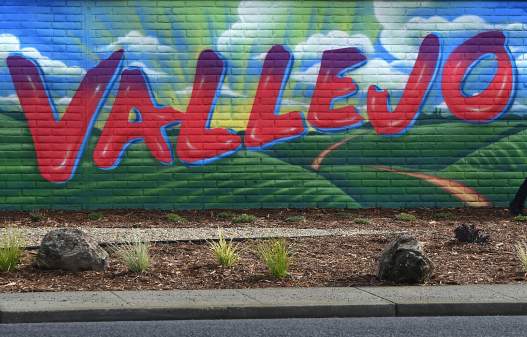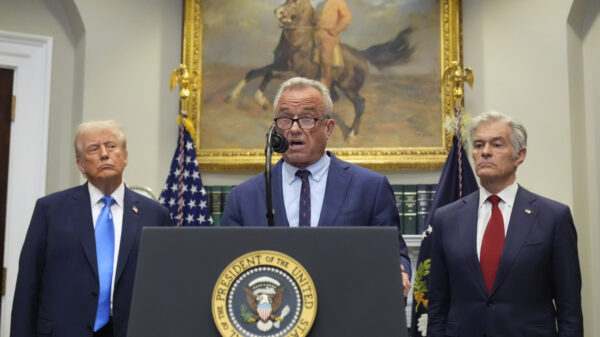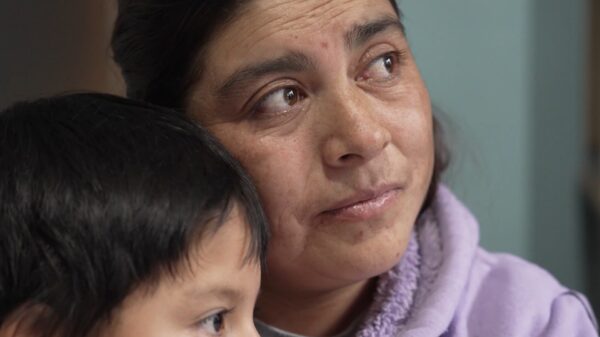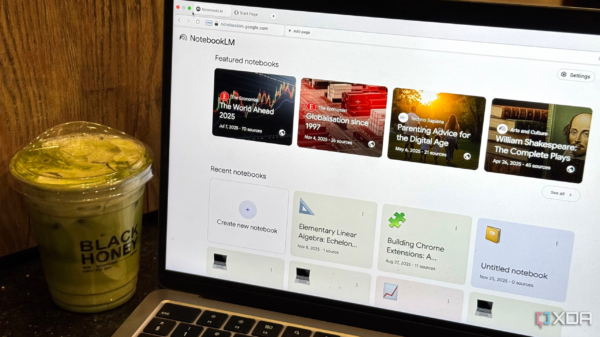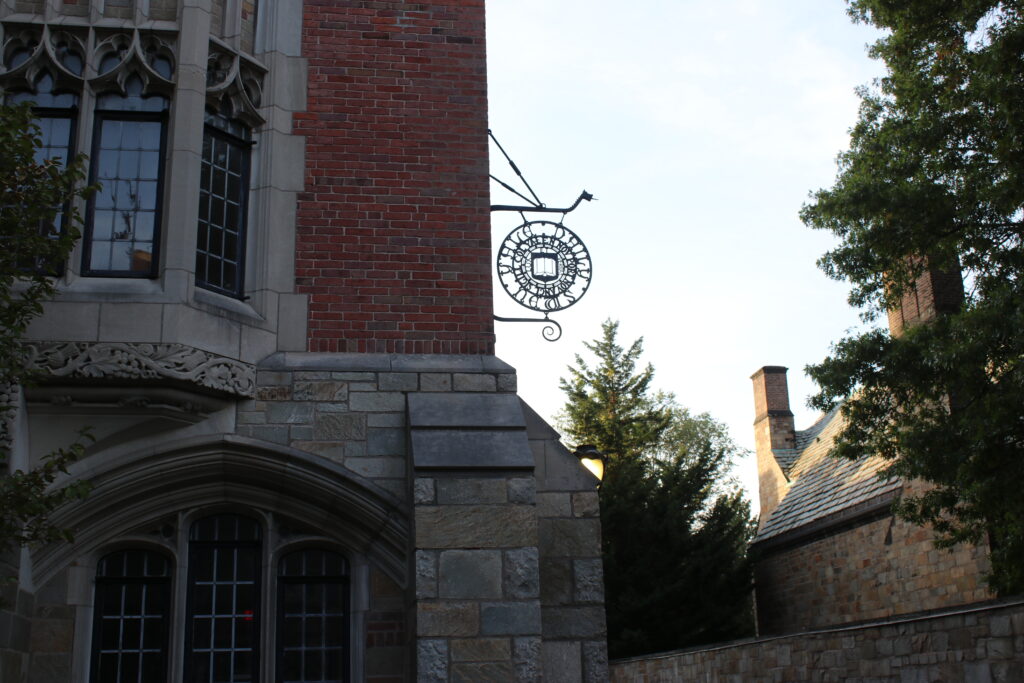The Yale Daily News has signed an amicus brief in support of the Stanford University student newspaper, which is challenging the Trump administration’s alleged use of federal immigration laws to suppress political speech among international students, including student journalists. This brief was filed on October 25, 2023, and is backed by 44 student newspapers and 11 student newsroom leaders nationwide.
Implications of Government Actions on Student Journalism
The brief argues that detentions of international students whose political expressions are deemed threatening to U.S. foreign policy have created a chilling effect that extends beyond The Stanford Daily. According to Matthew Cate, an author of the brief and board member of the Student Press Law Center, the situation illustrates a broader issue impacting student journalism across the country. “What our brief does is show the court and the world that this issue is bigger than one newsroom or one arrest,” he stated in a phone interview.
Ariela Lopez, the editor in chief of the Yale Daily News, noted a decline in contributions from international students at Yale, reflecting the impact of such legal actions. “When international students are deterred from sharing their perspectives, our ability to fulfill our responsibility to report is compromised,” she explained. Lopez emphasized that signing the brief does not hinder the publication’s ongoing coverage.
The lawsuit, initially filed on August 6, 2023, names Marco Rubio, Secretary of State, and Kristi Noem, Secretary of Homeland Security, as defendants. It alleges violations of the First and Fifth Amendments by using provisions of the Immigration and Nationality Act to initiate deportation proceedings against international students based on political speech.
Self-Censorship Among International Students
According to the complaint, international student writers at The Stanford Daily have started self-censoring due to fears of deportation following the detention of three students who advocated against Israel’s actions in Gaza. The plaintiffs cite instances of students refraining from covering pro-Palestinian protests and even quitting the newspaper altogether.
“International students have largely stopped talking to the newspaper, particularly on topics like Israel and Palestine,” the lawsuit claims.
In response to this situation, attorneys for the U.S. government contended that the plaintiffs lack standing, suggesting that their injuries are speculative and not imminent. They argue that Congress has broad discretion over immigration legislation and that the Executive has the authority to protect U.S. foreign policy interests concerning student visa holders.
The amicus brief submitted by the student newspapers asserts that the federal government’s actions undermine the “fundamental pro-democratic values” that campus publications aim to instill in student journalists and their audiences. Notably, the brief was endorsed by the main student newspapers from seven of the eight Ivy League schools, with the exception of the Columbia Daily Spectator.
The Associated Collegiate Press and the College Media Association also supported the brief, highlighting a concerning trend: decreased participation from international students and increased requests for anonymity in published content.
Colin McDonell, a lawyer representing the plaintiffs from the Foundation for Individual Rights and Expression, emphasized the significance of the unified response from student news organizations. He stated that it reinforces the idea that the chilling effect on speech is not an isolated incident but a widespread issue affecting student newspapers throughout the country.
The Stanford Daily, originally founded as The Daily Palo Alto in 1892, now finds itself at the center of a crucial legal battle that may set a precedent for how political speech by international students is treated in the United States.



